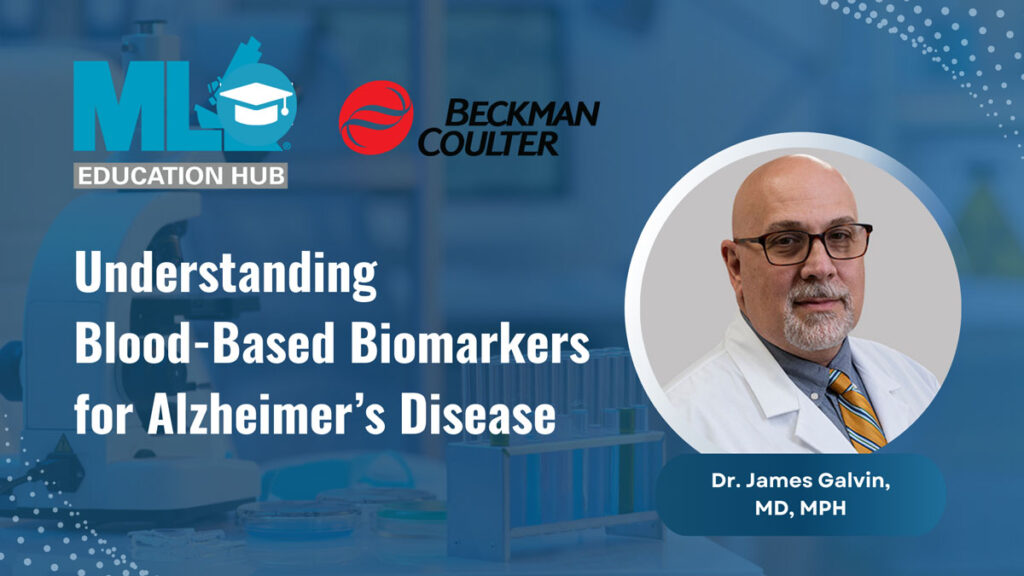By Karen Carver, MT; Zach Fortuna, MLS, CPP; Steven Valorz; Carol Wise MT(ASCP)
LEARNING OBJECTIVES
Upon completion of this article, the reader will be able to:
- Describe the role and responsibilities of a point-of-care-coordinator.
- Discuss the uses and benefits of a data management system as it relates to operator, device, and result management.
- List different types of reports a data management system can generate.
- Discuss additional features and benefits of a data management system.
Photo by Plyushkin @ Bigstockphoto.com
Login
Accessing this course requires a login. Please enter your credentials below!




